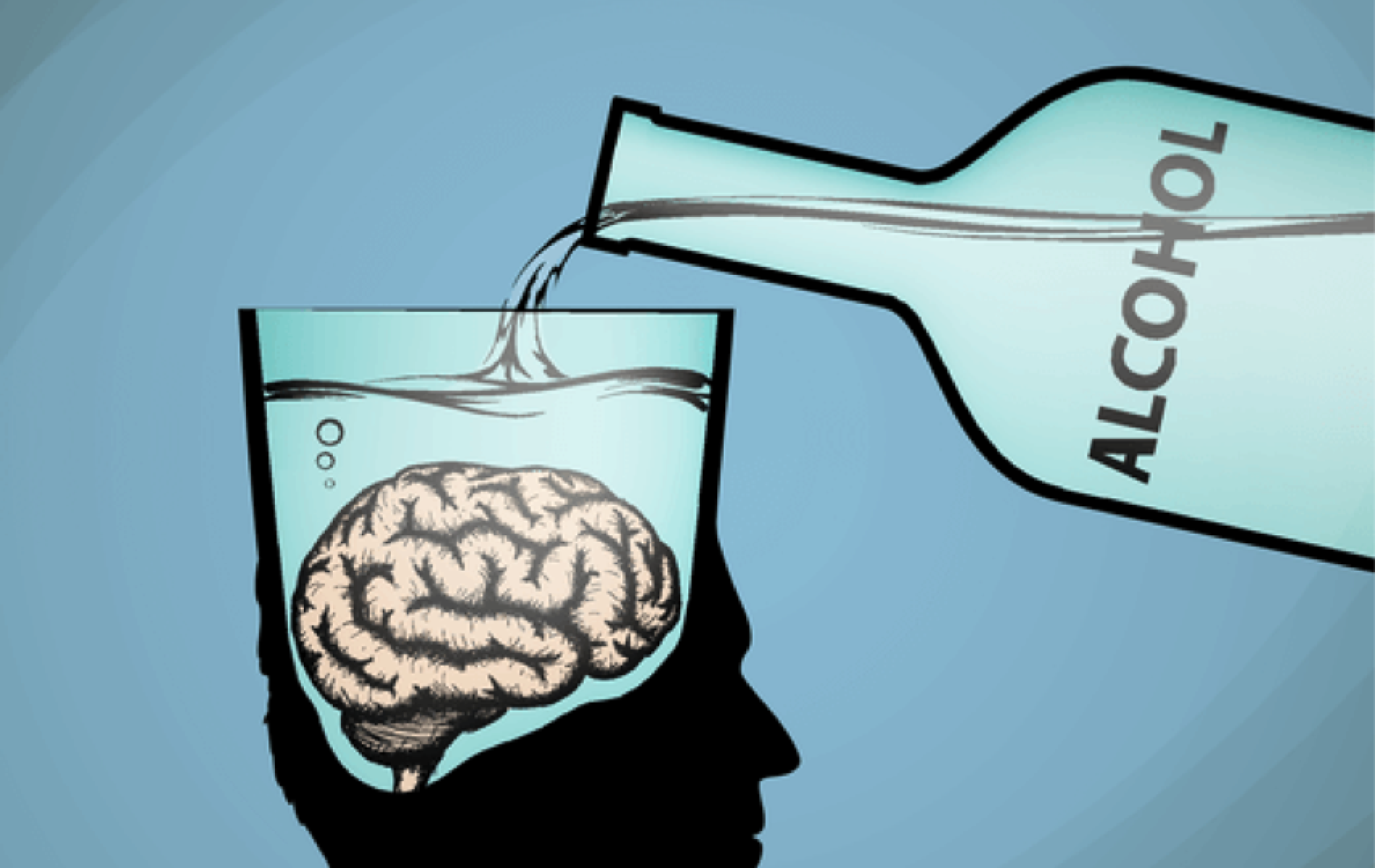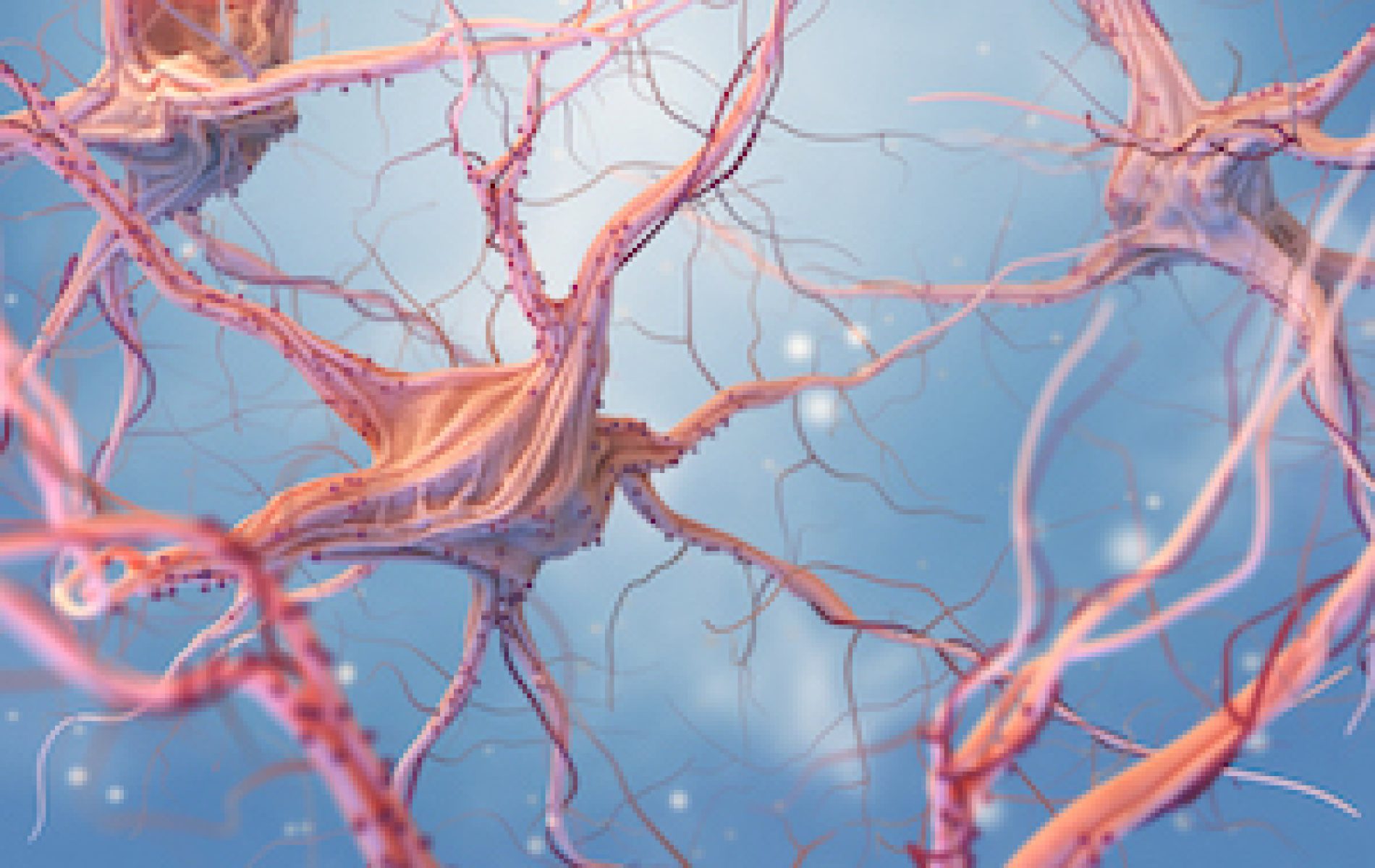If you have ever found yourself standing at your open refrigerator with a laundry basket full of clothes in your hand, unsure of why you were there in the first place, you might blame getting older for your forgetfulness. But the truth is, not all memory loss problems are necessarily age related as these problem can happen to young people as well.
Minor memory lapses, such as forgetting where you placed your keys or forgot the name of someone you know, are usually the result of normal changes in your brain’s structure and function.
Memory studies show that nearly one-third of healthy older people battle difficulty with the ability to recall facts but yet a large number of 80-year olds perform just as well as those in their 30s on challenging tests of memory.
Many older people can remember details about their first bicycle or their first date. Have you ever had a grandparent who told you tales of his or her childhood? These are long-term memories that often remain intact with age.
Short-term memory entails your current thoughts, including what you are doing right now and what you plan to do in the next few moments. You use short-term memory to think about what you will say next or walking to the refrigerator with an armful of laundry because you suddenly remembered you need to get the chicken out to thaw.
Common Memory Loss and Forgetfulness Problems
Short-term memory is easily disrupted. How actively you are paying attention to which steps are in your mental “to-do” list can play a part in how strongly your mind holds onto those details, by thinking about them (perhaps over and over again). But any distraction that comes along, such as a new thought or the phone ringing, can cause your short-term memory to be disrupted.

Here are some common memory problems that are considered to be normal, regardless of age:
- Suggestibility, which takes place when your memory is changed by false information from another source. You may have remembered your favorite ice cream as a child being chocolate but your sibling said it was vanilla, so your memory is altered over time.
- Misattribution, which takes place when you can only remember part of something while forgetting a detail like the place, time or a person who was involved.
- Transience, which is the tendency to forget details over time. Brain scientists think this is actually a good thing because it helps to clear the brain of unwanted or unused memories, making room for newer ones.
- Blocking, which takes place when someone asks you a question and you cannot recall the answer although it is on the tip of your tongue. It is the temporary inability to remember a detail.
- Bias, which suggests that even the sharpest of memories that you have are not without flaw. Your personal knowledge, beliefs and experience can play into your perceptions and memories.
- Absentmindedness, which is a type of forgetfulness that takes place when you don’t pay enough attention. You didn’t focus on where you set your keys so you forgot where they are. You were focusing on something else.
Memory Problems are not a Direct Result of Age
Although the brain’s ability to automatically restore short-term memory contents declines a little each decade after a person hits 30, age is not the major factor that is often assumed. Even 20 year olds forget where they set their phone or to bring a book to class or forget something their professor said just two minutes prior.

So why do we often associate forgetfulness or memory loss with aging if it happens to younger people too? One of the largest issues is not age but instead what we tell ourselves or believe about these forgetful events. For example, a 20 year old doesn’t often think that she forgot to bring her pencil to class because she is experiencing early-onset Alzheimer’s. Instead, she attributes it to getting little sleep or having too much on her mind. A 70 year old worries about his brain health when he experiences the same events of forgetfulness. This does not mean that memory loss related to declining neurological health are not real because they are very real. What it does mean, however, is that not every lapse in short-term memory means that there is a biological disorder at play.
People who are older are often attributed to being wise or having more life experience and are often more trusted because of it.

Another reason older adults tend to have “memory loss” is because they have more memories and information to sift through than the younger adults. The brain can become crowded with information. This does not mean they cannot remember details – they may just have more details to sort through to find the one they intend to land on. This “crowdedness” has shown up in simulations of adult memory systems.

Improving Memory Problems
Memory problems can be improved in several ways, including strategies that contribute to greater well-being overall, such as regular exercise, a well-balanced diet and adequate sleep. You may also benefit from brain exercise or a Brain Fitness Program. For more information on how you can improve your memory, visit us at NeuroGrow.com.
——–
This article was inspired by an opinion piece written for the New York Times and was written by Mrs. Courtney Cosby and edited by Dr. Majid Fotuhi.



